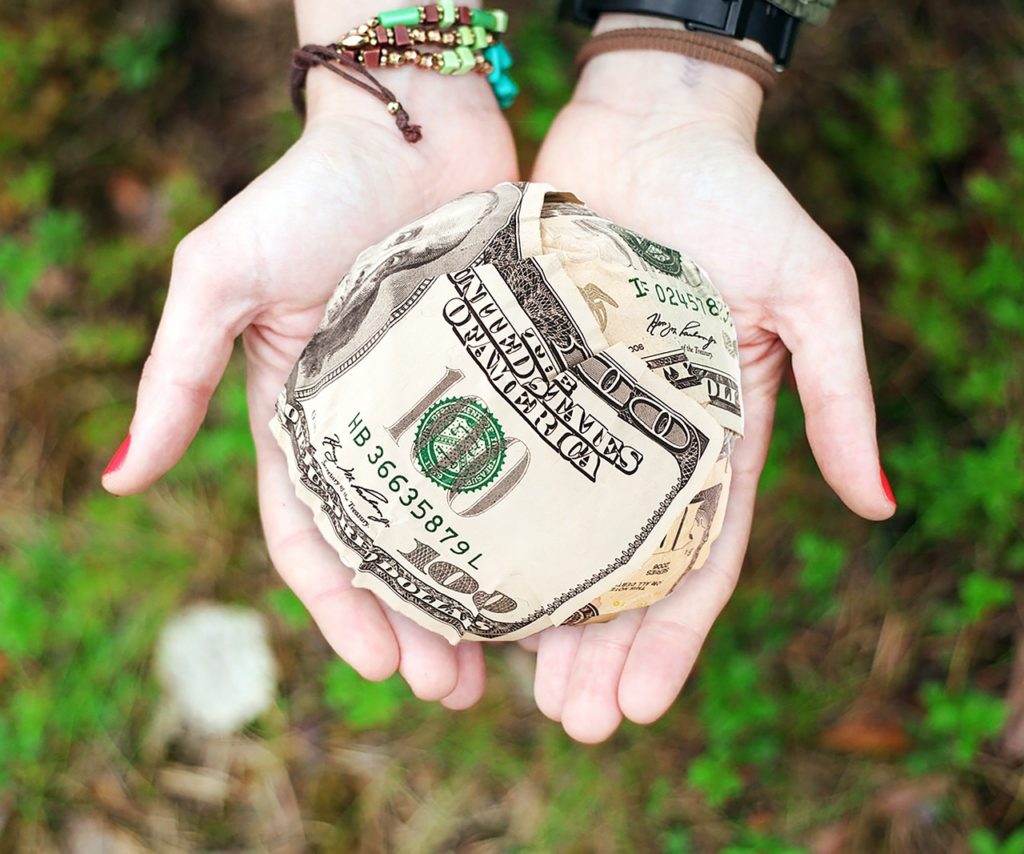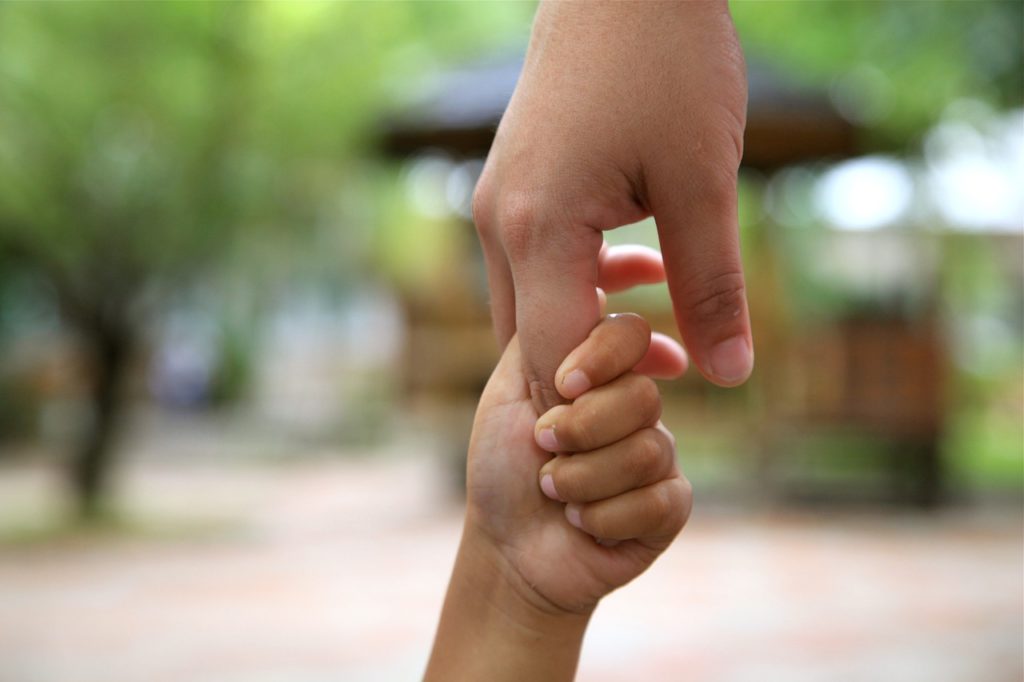All opinions are mine and mine alone.

Benevolence Benefits: Why Every Kid Should Give Charitably
Like any parent, I think my kids are absolute sweethearts ― when they aren’t being monsters, of course. They say “please” and “thank you” more often than not; they try to keep their rooms tidy; and they give me a hug and kiss whenever I ask. Yet, when I considered how my kids impact their community, I realized they weren’t really doing as much good as they could.
Plenty of parents emphasize charitable giving during the holidays, when kids are at their greediest. However, even when kids aren’t aching for presents, they can benefit from benevolent acts. Recently, I have started teaching my kids to consider others in addition to themselves, and I am astounded by the changes it has made to their behavior. Here are what I’ve learned about the advantages of establishing generosity young and how I’ve worked to build benevolence in my little ones.
The Importance of Donating
Doing good has real physical and psychological benefits. Various studies have found that good works decrease stress, promote happiness, and increase mental stability, all of which contribute to a longer, healthier life. Children learn quite a bit from the experience of giving back to their communities; benevolent children tend to feel more empowered, have higher self-esteem, and excel more in school and extracurricular activities. What’s more, charitable kids display more respect, tolerance, and gratitude than their selfish peers.

Research shows that people are inherently empathetic, which means kids are, too. One study found that children as young as 21 months exhibit signs of empathy when those around them are crying or yelling. Even little monsters that do their best to destroy their surroundings demonstrate concern for others’ welfare. The truth is your kids want to do good in the world, and helping them donate to charitable organizations is allowing them to foster this natural inclination.
5 Tips to Teach Generosity
Be the change. Whether you like it or not, you are a role model for your kids. If you try to impose a new rule on them ― such as: You must clean out your closet and toy box to make a charitable donation ― you better have a similar rule for yourself. When your kids see you slaving away in the garage, donating that old boat and other clutter you never use, they will submit to your will with less complaining.

Talk about it. I admit, I didn’t know where to start when I first decided my kids were going to start giving a hoot about giving. I tried to force them to relinquish a portion of their savings every month; I tried to force them to go shopping for community toy and food drives. Unfortunately, they didn’t understand why I was mandating these changes, so their hearts weren’t in these charitable acts. As soon as I sat down and explained why it is important to donate ― and allowed them to ask questions about the concept of charity ― they were eager to help those in need.
Give them power. Kids leap at any opportunity to gain responsibility, so giving little ones some autonomy in their charitable acts goes a long way. At the very least, you should allow them to choose which charity they contribute to, but you might also give them some freedom to select how they will donate ― for example, by earning money through a lemonade stand or by collecting unused clothing from neighbors.
Get active. Donation is great ― in fact, many charities are most keen for contributions of money and goods ― but some kids understand benevolence better when they participate in it. There are hundreds of volunteer opportunities around you every weekend, and kids are almost always welcome. The best volunteering events allow kids to interact directly with those they are helping, like cleaning cages at an animal shelter, distributing toys at a children’s hospital, or providing food to homeless people. Then they will come away with memories of the good they have done.
Don’t miss teachable moments. I guarantee, every day there is an opportunity for you and your kids to do something good. While you are grocery shopping, you might see an elderly person struggling to reach an item on the top shelf; while coming home, you might notice a stray dog running around the neighborhood. Whenever you encounter a chance to be benevolent, you should take it, and you should tell your kids why. Then, they will start to see how their actions impact the world around them, and they will relish the opportunity to give back.



Speak Your Mind